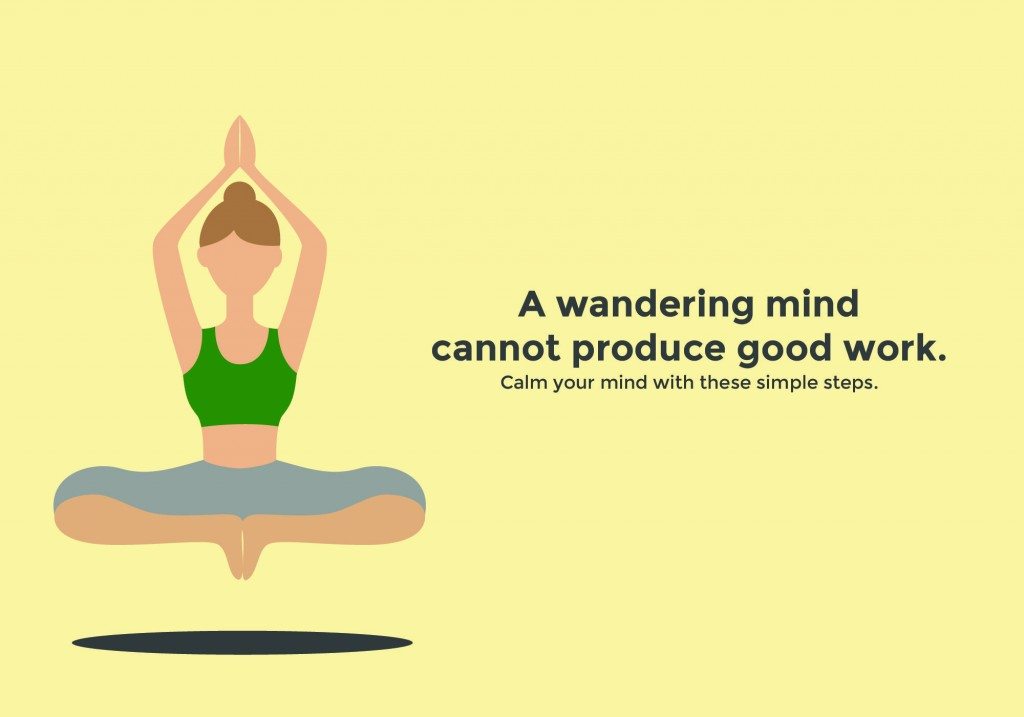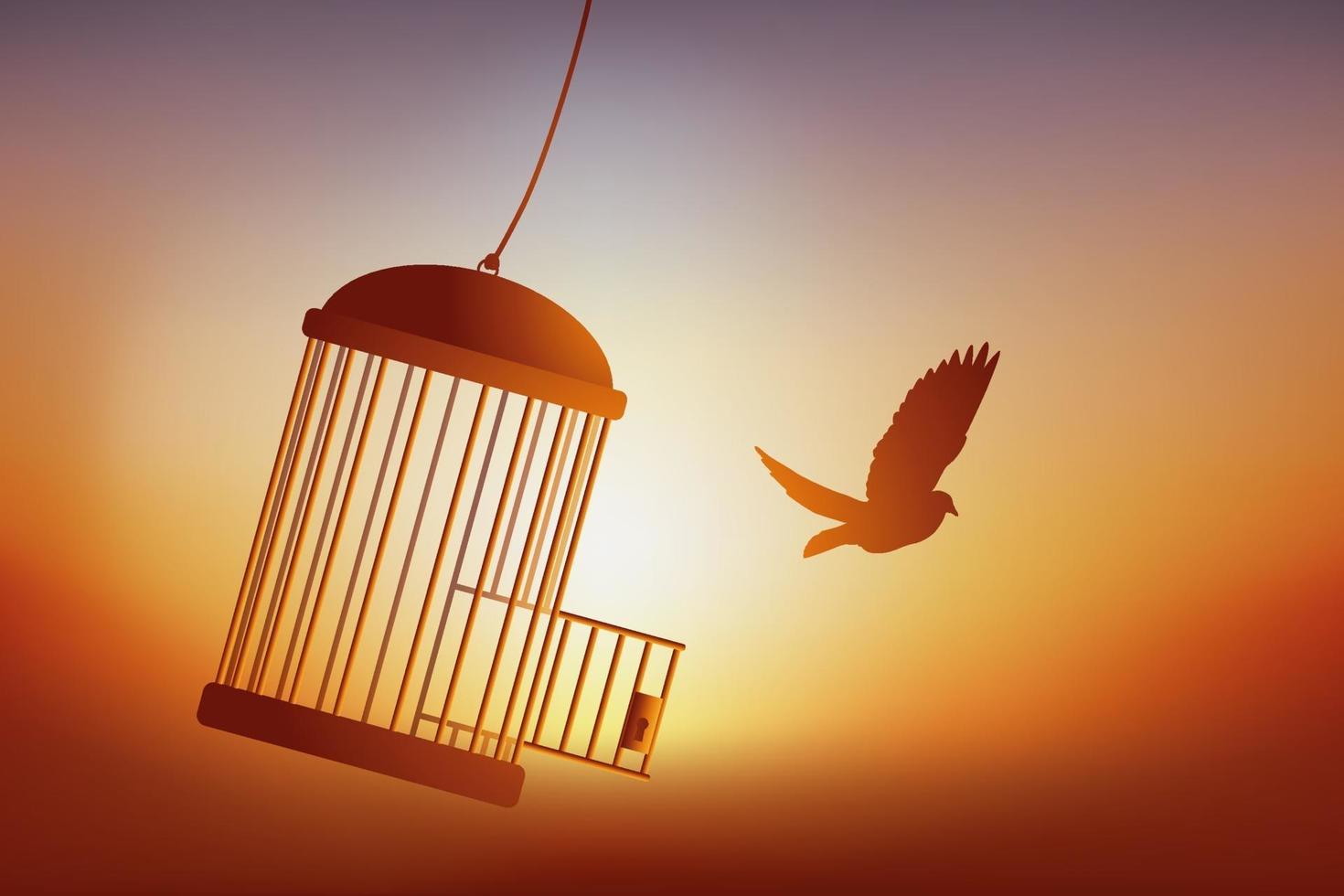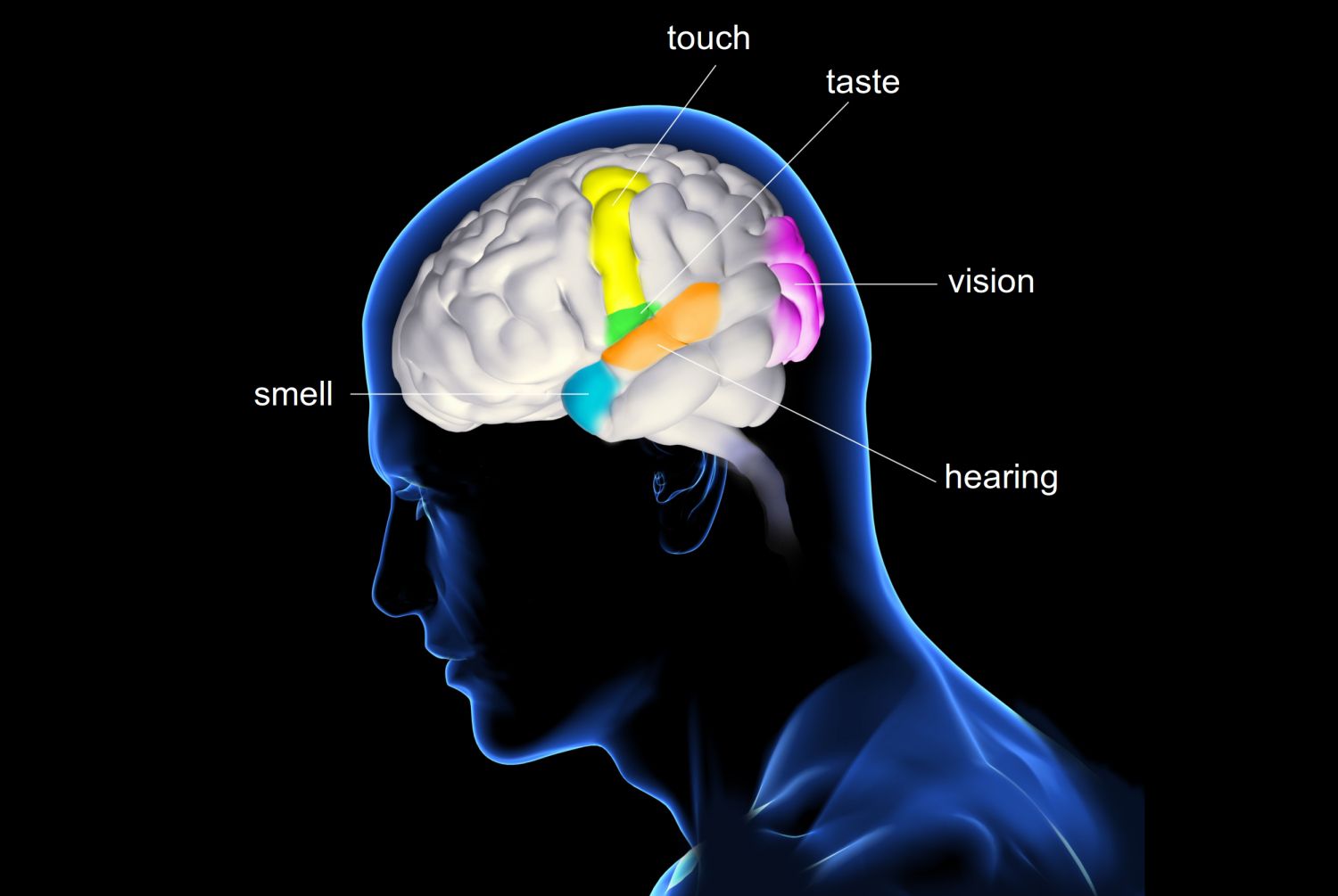Best Ways To Calm Your Mind
Whether it's our finances, our relationships, or our health, life throws chaos at us on a regular basis. In areas such as health care, banking, and charities, roughly half of employees are burned out, and companies spend $300 billion a year on workplace stress.
As a result, we just keep pressing forward, surviving solely on adrenaline. We overbook ourselves; we have another cup of coffee; we answer one more email. We believe that if we keep pumped all the time, we will finally be able to accomplish our goals. But all it does is fatigue us, burn us out, and deplete our productivity.
There is another option, one that is more tranquil. Developing a more tranquil, calm mindset does not imply that we will drown in our tasks. Instead, research suggests that tackling them will require more attention, energy, and innovation. In addition, science suggests that there are simple strategies to tap into that peaceful state of mind in order to be more robust in our chaotic life.
Best Ways To Calm Your Mind
1. Breathe
“Breathing is the number one and most effective approach for swiftly lowering anger and anxiety,” says Delphi Behavioral Health's Scott Dehorty, LCSW-C.
You tend to take rapid, shallow breaths when you're anxious or irritated. This, according to Doherty, sends a signal to your brain, resulting in a positive feedback loop that reinforces your fight-or-flight reaction. That is why taking long, deep, soothing breaths can assist you in breaking the cycle and relaxing.
You can use a variety of breathing exercises to help you relax. Three-part breathing is one of them. Three-part breathing entails inhaling deeply and then fully exhaling while paying attention to your body.
Once you've mastered deep breathing, modify the ratio of inhalation to exhalation to 1:2 (slowing down your expiration to make it twice as long as your inhalation).
2. Exercise
Just 5 minutes of cardio exercises, such as a brisk walk, can help you relax. It releases endorphins, which are feel-good hormones that can help you boost your mood, focus, and sleep. HIIT (high-intensity interval exercise) might provide you with a large dose of them in a short amount of time. Alternate 20- to 30-second bursts of vigorous work (such as sprints, squats, or fast weightlifting) with equal periods of rest after warming up.
3. Self-compassion
We are frequently our own harshest critics. We believe that being critical of ourselves will help us become more self-aware and work harder, but this is a misconception. Self-criticism, in fact, weakens our resilience, according to a large body of studies. When we punish ourselves, we are less able to learn from our mistakes. Individuals who are self-critical are more likely to experience anxiety and sadness, as well as an inability to recover from setbacks.
Self-compassion is the ability to be aware of your feelings—the emotions that arise when you fail at something. You don't have to identify with them; you can simply notice and observe them without adding fuel to the fire. Accepting that everyone makes mistakes and that it is a natural part of life is also part of self-compassion. And it is the ability to speak to oneself as warmly and compassionately as one would to a friend who has recently failed.
4. Compassion for others
Consider a day when things aren't going well for you—you spilled your coffee and it's pouring. Then you get a call from a buddy who is suffering a true emergency, and you jump up and go aid them right away. What happens to your mental condition at such time?
You suddenly have a lot of energy, and you're entirely at their disposal. That is what living a life of selflessness, service, and compassion accomplishes.
It greatly improves your well-being, as many of us have discovered when we commit small acts of kindness. Our heart rate slows and our parasympathetic nervous system becomes more active when we sense compassion.
5. Go Outdoors
People frequently think more clearly and feel more relaxed and refreshed when they are in and near nature. In a greener environment, your brain doesn't have to work as hard. Children with ADHD were able to concentrate better after 20 minutes in a park, according to one study. Spending time outside can also help you relax by lowering your heart rate, blood pressure, stress hormones, and muscle tension.
6. Hang Out With a Dog
A loving pup can make you feel less worried, tense, confused, and restless, whether it's a member of your family or a therapy dog. Petting and playing with them appears to reduce stress hormone levels. One possible explanation is that your body produces oxytocin, a hormone that aids in bonding and trust.
7. Hatha Yoga
This combination of demanding positions and controlled breathing encourages you to focus on the present moment rather than evaluating yourself or others. There's also evidence that practicing regularly reduces anxiety and blunts your natural stress reaction. It's also a form of workout that improves your strength and flexibility. Attend a class, and you'll reap the benefits of social interaction as well.
8. Connection
How frequently do we give our full attention to another person? When was the last time someone, even your spouse, was completely present with you?
In the United States and around the world, there is a loneliness epidemic. We all know that feelings of loneliness are incredibly harmful to our bodies and minds, resulting in poor health and even death. And, because it tends to make us self-focused, today's world's tension and lack of serenity may contribute to this loneliness.
After food and shelter, our greatest human need is to connect with other people in a positive way. We have a deep and heartfelt need to belong to one another from the minute we are born until the day we die. And when we meet that desire, we feel calmer: the oxytocin and natural opioids we release when we connect may have a relaxing effect on our bodies, and knowing we have the support of others can help us relax. When confronted with hardship, research reveals that our relationships and community play a critical part in our resilience.
9. Dig in the Dirt
Here, it's not only about the great outdoors and getting some exercise at work. Microorganisms in the soil may help you concentrate and improve your mood. Gardeners are happier and more connected to their communities, and they are less sad and stressed.
10. Biofeedback
This strategy teaches you how to manage your stress reactions. You're connected up to a computer that shows your brainwaves while working with a therapist. You might also use it to monitor your heart rate, skin temperature, and breathing. This allows you to watch what happens when you're triggered and how you try to deal with it in real-time. You'll learn to calm your body's response on your own over time.
11. Admit that you’re anxious or angry
Allow yourself to express your fear or anger. Anxiety and fury may lessen if you define how you're feeling and allow yourself to express it.
12. Challenge your thoughts
Having irrational ideas that don't make sense is a part of being worried or furious. These are frequently the “worst-case scenario” thoughts. You may become trapped in the "what if" cycle, which can lead to you sabotaging many aspects of your life.
When you have one of these thoughts, pause and ask yourself the following questions:
- Is this likely to happen?
- Can I handle that?
- Has this ever happened to me before?
- Is this a rational thought?
- What’s the worst that can happen?
13. Write it down
If you're too angry or anxious to talk about it, take out a journal and write notes down your thoughts. Don't worry about punctuation or complete sentences; just write. Writing allows you to purge your mind of negative thoughts.
You can take it a step further and devise a strategy for remaining calm once you've finished writing.
14. Get some fresh air
A room's temperature and air circulation can make you feel more anxious or angry. If you're nervous and the environment is hot and stuffy, you may experience a panic attack.
Remove yourself from that situation as quickly as possible and go outside, even if only for a few minutes.
Not only will the fresh air help you relax, but the change of environment may also help you break free from your nervous or angry thoughts.
15. Cognitive Restructuring
Cognitive restructuring is a technique that teaches you how to calm your mind by altering your habitual thought patterns that cause stress.
Because we react to stressors that we perceive to be a threat to our well-being, we can learn to relax the mind and experience less stress if we can change our perceptions to be more positive (and more correct). Techniques for cognitive restructuring can assist you in overcoming common cognitive biases.
Best Instant Ways To Calm Your Mind
1. Give Yourself a 10-Second Hug
A daily 10-second hug can alter biochemical and physiological processes in your body, lowering your risk of heart disease, stress, weariness, boosting your immune system, and alleviating depression. You can start by hugging yourself. According to Brukner, pressing your tummy and back at the same moment provides proprioceptive input (helping your body know where it is in space), which can assist stabilize you.
2. With a five-second wall push, you can regain your balance.
The wall push is especially useful for persons who have trouble with sensory integration. For 5 to 10 seconds, simply push against the wall with flat hands and feet firmly on the floor. If you've ever been in an earthquake, you'll understand why this gesture is soothing: putting our bodies against a solid, immovable surface and feeling the pull of gravity is comforting, even if it's only on a subconscious level.
3. You'll be free of fear if you shake it off
Did you know that animals shake to release stress? After being paralyzed in a panic to escape a predator, many animals, such as antelopes, shake off their dread. We practiced shaking for about 15 minutes at a period in the MBSR program. I wouldn't say it was particularly attractive, but I feel it was useful neurologically.
4. Music Therapy Heals the Body, Mind, and Soul
Music has been utilized to heal the body and soul since the dawn of civilization and to explain what is impossible to describe in words. “Music expresses something which cannot be stated and on which it is impossible to be silent,” Victor Hugo famously said. Music therapy programs for those suffering from depression have been designed using the healing power of creative lyrics and note production.
Best Meditation Techniques To Calm Your Mind
1. Mindfulness Meditation
Mindful meditation helps you become more aware of the current moment. While meditating, you restrict your thoughts from wandering by focusing entirely on what you are experiencing in the present now, such as your breathing or the sensation of your feet contacting the floor. Mindful, or mindfulness, meditation can be practiced almost anyplace and while doing a variety of duties, such as dishwashing or strolling.
2. Mantra Meditation
You mentally (silently) repeat a relaxing word, or mantra, during mantra meditation. The phrase will replace any distracting ideas and assist you in shutting out the outer world, thus soothing your mind and body.
3. Visualization
Visualization is a meditation practice that helps relax you and relieve tension, according to Shakti Gawain's book Creative Visualization: Use the Power of Your Imagination to Create What You Want in Your Life. According to Gawain, if you focus on an idea and give it positive energy on a regular basis, it will become a reality through visualization.
This can help you enhance a variety of aspects of your life, including your job, your house, and even your health.
According to Gawain's book, all you have to do to practice this meditation technique is focus on whatever is bothering you, image yourself as healthy, tranquil, and stress-free, and it will ultimately become a reality.
While creative visualization can be a healing and relaxing source on its own, Gawain notes that additional approaches, such as physical therapy, can occasionally be applied to achieve positive healing benefits.



